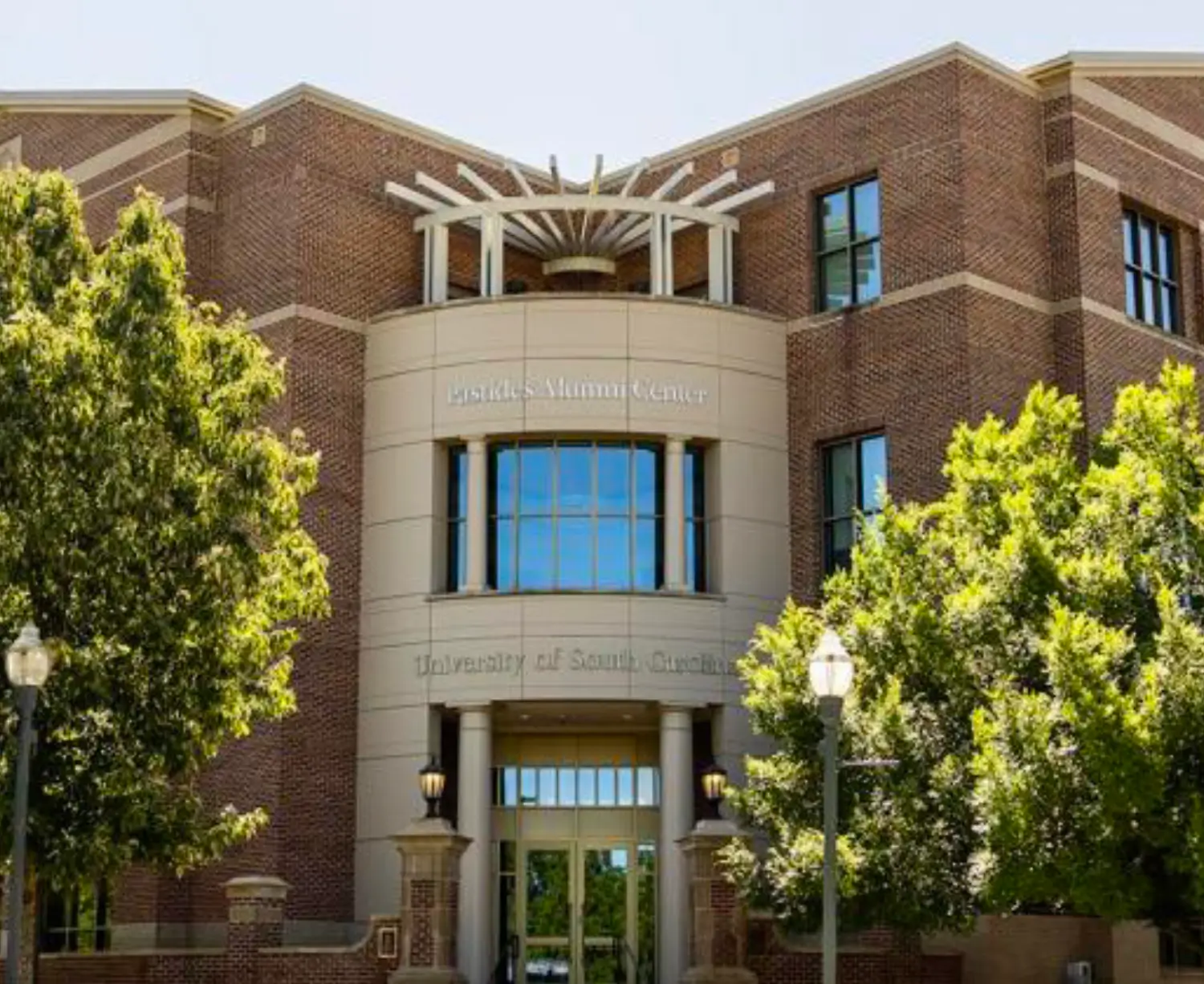Faith, Freedom, and Dialogue: Archon Symposium Sparks Crucial Conversation at USC

Archbishop Elpidophoros of America, a distinguished leader of the Ecumenical Patriarchate, is set to deliver a powerful message of unity and understanding at the upcoming Religious Freedom Symposium. Themed God Created Us to Live In Harmony (Romans 12:16), the event promises to explore the profound importance of religious tolerance and mutual respect.
Organized by the esteemed Archons of the Ecumenical Patriarchate, this symposium aims to shed light on the critical role of religious freedom in fostering peaceful coexistence among diverse communities. His Eminence will draw inspiration from the biblical passage in Romans, emphasizing the universal call to live in harmony and embrace our shared humanity.
The symposium represents a significant opportunity for dialogue, reflection, and collective understanding in an increasingly complex global landscape. Attendees can expect an insightful and thought-provoking address that challenges divisive narratives and promotes a message of compassion and unity.

